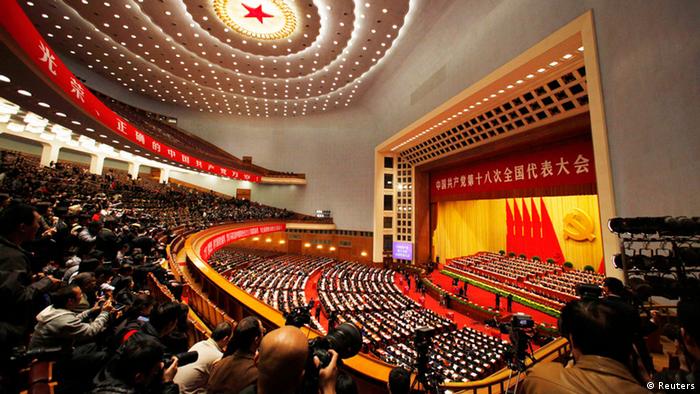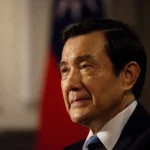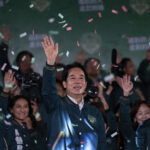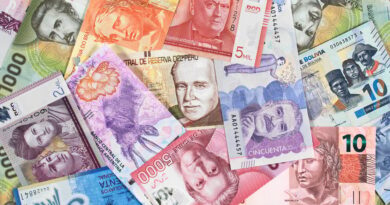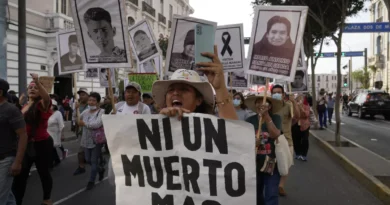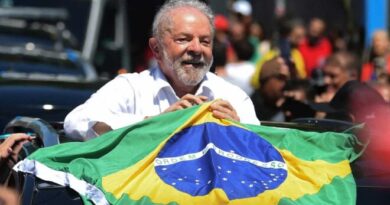One congress, two decisions
XULIO RIOS
The Communist Party of China (CPC) will open its 16th Congress on October 2017. The context with respect to the previous conclave (40) is very different. The culmination of President Xi Jinping's first term offered as a balance a new and strong impetus to the reform process started 4 years ago, with echoes, both internal and international, of great significance. However, today the surrounding reality is more complex. On the one hand, the geopolitical tensions are evident and the structuring of various contention fronts, in the economic (IPEF), technological (Chips19), military (AUKUS), etc. it takes shape one after another, although its path is uncertain. On the other hand, the persistence of the Covid-XNUMX pandemic and its economic and social effects weigh down the vigor of the Chinese economy, severely complicating the achievement of the objectives set.
All this converges at a moment in the reform whose fundamental characteristic continues to be the change in the development model, a task as comprehensive as it is enormous and difficult that must be implemented without losing sight of the preservation of stability. Impulses such as dual circulation or the emphasis on technological independence and self-sufficiency, the stability of industrial and supply chains as well as the general improvement of governance with attention to social, environmental and democratic aspects must be taken into account in order to accompany this new reality.
The CCP tends to approach these challenges with a double vision, tactical and strategic. It is not customary to fail in the diagnosis, although more and more influential elements are beyond its direct control. This makes governance difficult. The level of foreign interdependence of the Chinese economy and the tenseness of the political atmosphere with some of its main trading partners add tensions to the natural ones derived from the current inflection.
On the table there are two important strategic decisions that this congress cannot avoid. The first has to do with perseverance in your own model. There is no shortage of people who blame the current difficulties, beyond the "unsustainable" desire to reduce Covid-19 to zero, to wrong decisions related to the rejection of Western liberal recipes. On the one hand, it is categorically said that the management of Covid in China is “catastrophic” (controversial as everywhere), although official figures speak of 5.226 deaths when in the US they have already exceeded one million victims. Without a doubt, the Chinese election has significant costs, but not in lives, the most precious asset to be protected. Their challenge is to achieve a better balance between the safety of people and the standardization of production. The apocalyptic voices warn about the harassment of private property, the nonsense of "common prosperity", the risk of technological isolation, etc. Faced with this discourse, the PCCh must decide whether or not to heed and to what extent the liberal prescriptions or if, on the contrary, it invariably persists in its model.
The second issue has to do with sovereignty, that is, with the insistence on thinking of "Chinese characteristics" as an alternative and substantial element in the response to an increasingly complicated international situation and greater geopolitical tensions whose determining catalyst could be Taiwan for years to come. Without lowering the neck. The emphasis on national solutions is the reverse of the rejection of the search for hegemony and messianism in any format.
When today it is claimed that denguism was synonymous with liberalization, it is forgotten that reform and opening were devised as a response to the erratic economic performance of Maoism; however, Deng at no time abdicated the "four inalienable principles", that is, the purpose of promoting modernization without questioning the political model based on the hegemony of the PCCh. For this reason, rather than a contradiction between denguism and xiism, with recognizable differences by virtue of the context to which both policies must respond, there continues to be continuity in what is fundamental.
It is to be hoped that the XX Congress will certify the adherence to Xiism, which has traced the essential axes of this new stage that the PCCh faces with an important effort of ideological rearmament, reaffirming the validity of the original adapted Marxist ideology. After the centenary of the CCP (2021) and the achievement of that "moderately prosperous society" that had materialized this stage of the "Chinese dream", new objectives are defined whose realization is not easy at all. A proverb reminds us: “if you walk 90 steps on a path of 100, you are halfway there”. That is the exact moment that Chinese reform is currently going through.
The second centenary (2049) is the point of arrival of this stage. By then, high-quality development with attention to social justice and ecological civilization must signify China in the world arena. In the coming years, between now and the XXI Congress, monitoring the experience of Zhejiang as a pilot province will serve as a guide and balance, at the same time, of the effort to reduce the imbalances and inequalities that still characterize the Chinese model, a reparative purpose that it is certainly not on the agenda of liberalism anywhere.

